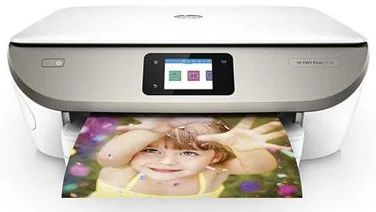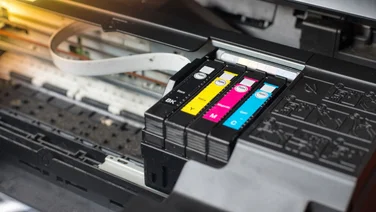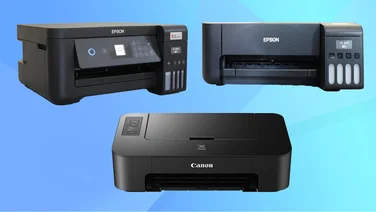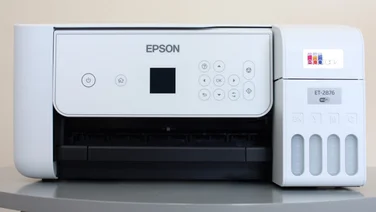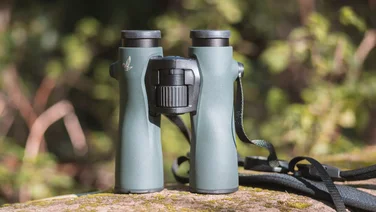To help us provide you with free impartial advice, we may earn a commission if you buy through links on our site. Learn more



The Q10 is a budget camcorder which is designed to be held in either hand – unlike most designs, which are impossible to use left-handed. The hand strap is just a thick rubbery band with an adjustable sliding buckle; it’s very neat and when retracted it sits neatly in a recess on the side of the camcorder.
If you turn the camcorder upside down and place the strap around your left hand, the Q10 flips the image to compensate. It’s just as comfortable to hold this way round and the circular zoom thumb control works fine either way up. It’s not just useful for left-handed users; being able to record with your off-hand is very useful when your other hand is occupied, such as when you’re eating a burger or hanging off a cliff. The built in lens cap is operated manually by a switch on the side, as you’d expect at this price.

To use it in your left hand, simply turn the camcorder over
There’s no power switch – you turn the camcorder on and off by folding the LCD display in and out. There are very few buttons on the camcorder; just the big record button on the back and a home button by the 2.7in LCD that brings up the main touchscreen menu.
The touchscreen menus are a mixed bag. Simple options are clearly presented, but as you get into the settings menus, navigation becomes more difficult. Basic manual controls are provided – you can change white balance and adjust the exposure and focus manually – although adjusting these settings on the touchscreen is fiddly and anyone seriously interested in such manual video recording adjustments should look elsewhere.

The touchscreen menu is simple to use
There’s not an awful lot in the video settings section, and we imagine the vast majority of users will stick with the default 1080i setting. You can’t adjust the quality – the bitrate is a reasonable 17.2mbit/s, which equates to 125 minutes of playback from a 16GB SDHC card. The SD card and the 1,250mAh battery sit under a flap on the bottom (top if you’re left-handed) of the camcorder. You’ll get 105 minutes of continuous recording time from the supplied battery, so a second battery is probably a good idea, as in practice you’ll get around half this amount in day-to-day use.
The Q10 has a respectable sounding 1/4in CMOS sensor, but Samsung lists its effective size at just 1/5.8in, which is significantly smaller. On the plus side it’s a back-illuminated sensor, where the chip’s wiring is behind instead of in front of the photo receptors, so more light can get through. Such sensors have started appearing on mobile phones – Sony’s EXMOR R sensor, as found on some Xperia models, is back-illuminated. However, such sensors tend to have small surface areas, so haven’t become common on camcorders as yet.
Click through to YouTube for a HD version of this video
Image quality is pretty good for a £200 device, with a reasonable amount of detail to images. Despite this, when compared directly to the £300 Canon RF 206’s video, the Q10’s footage lacks contrast and definition, which can make images appear flat and less lifelike. Colours also looked a little washed out, lacking some of the richness we’ve seen on more expensive models. It turned in better than expected footage in low-light conditions, probably thanks to that back-illuminated sensor, and while there’s some obvious noise reduction at work the final effect is still highly watchable.
Samsung advertises the Q10 as having optical image stabilisation, which is surprising at this price. It turned out to be too good to be true in our image stabilisation test – the Q10’s system wasn’t much better than digital-only systems at cutting out the shakes. Still handheld footage is fairly steady, but the image can lag behind your movements.
The Q10 shoots some decent, if not outstanding, video for the money; it’s particularly good at turning out less-than-hideous footage in low lighting. That may sound like faint praise, but at only £200 it’s pretty impressive. Its ambidextrous design also makes it a handy camcorder. It’s more expensive than a Flip-style device, but it does have a 10x zoom and superior video quality.

